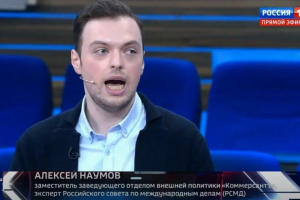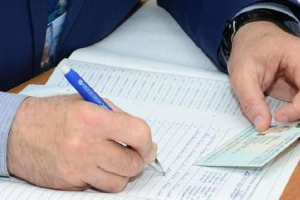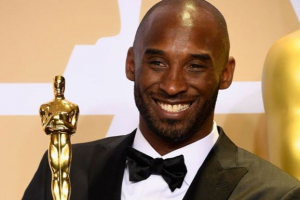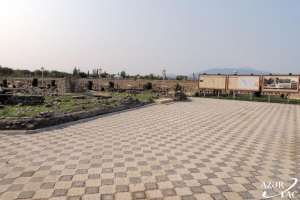

.jpg)
Experts discuss blockchain technology's ability to revolutionize the world by using it in several areas from agriculture to energy in addition to cryptocurrencies.
"Blockchain technology is not only be connected with money, is more about economy's structure," Kadir Kurtulus, co-founder of Proofstack a timestamp system based on blockchain and head of Blockchain Association of Eurasia (BLASEA).
He added that blockchain could be used in several areas such as all banking process, payment methods, precious stones transactions, authors royalties, electronic state works, elections, stock exchange, health services, e-commerce, logistic, energy, agriculture, digital agreement in the coming years.
Blockchain -- known as distributed shared ledgers -- is a technology that records and verifies transactions safely based on cryptography, according to the BLASEA.
He said: "Blockchain and protocols based on blockchain enable to revolutionize the world's financial system."
The United Nations is working to develop a kind of ID, which gives opportunities to transact in the global area to people, based on blockchain technology to all humanity by 2030, he stressed.
He added: "If governments use this type of ID, a person can transact money in any bank immediately."
Blockchain technology will provide the security of information in the global area, governments and other authorities will audit records instead of keeping record, he expressed.
He also said, on the patent side, Bank of America was ranked first with 43 patents, while the global finance company Mastercard and technology giant IBM followed it with 27 patents.
"Goldman Sachs, Citibank and JPMorgan also apply for patents," he added.
He underlined that there was an advantage for several countries to create regional currencies that focus on foreign trade.
"Countries such as Turkey, Russia, Japan, China, India and Iran can appropriate in foreign trade transactions and they can be more competitive with this kind of currencies," he stated.
Blockchain is a nameless record union, like the Europe Union's digital market regulation system Electronic Identification, Authentication and Trust Services (eIDAS) which provide savings €415 billion euros annually, he highlighted.
Another digital market -- based on blockchain -- can be important for countries that have non-membership to any union like the EU.
"The European Digital Single Market is one of the priorities of the European Commission with a potential for economic growth equivalent to over 415 billion euros ($511.3 billion) and the creation of hundreds of thousands of new jobs," according to the EC.
The eIDAS provides digital identities and signatures to take actions among the EU 28 countries.
Banks focus blockchain technologies
The academia, where verification of certification and diplomas is archaic, can benefit from blockchain for all academic institutions to share their grades globally, Brad Bulent Yasar, co-founder of the U.S. based the Blockchain Investors Consortium (BIC), said.
He added that if a person says they got a degree from a university in any country, it can just check via blockchain to show it.
Blockchain is a brand new technology, there are a lot of projects in the several arenas, not only in the industrial field, he underlined.
He believes the world is going to see more applications and players for governments, institutions, banks and universities.
"Most banks in the world, right now, are secretly trying different blockchain technologies for their inner operations as well as interbank operations," he added.
He expressed that internet technology was built up as a little organization and it became larger system.
"Something similar probably happened for blockchain where people will have got their own versions and then find ways to link in all together," he explained.
Countries are not against to blockchain but they want to see more regulatory framework, he said, adding:
"Singapoure, Gibraltar, Cayman Islands and some smaller countries are already realizing so much economic opportunities and they wanna be frontrunner."
New technologies to solve problems
"We are engaging and learning from innovators and disruptive technology firms; collaborating on research; and exploring new partnerships to leverage data, knowledge, and new technology to help achieve our goal of ending extreme poverty by 2030," Jim Kim, president of the World Bank, said in a statement this week.
He expressed that technology firms have an important role to connect people, each other, within the scope of the digital revolution.
If technology could be leveraged to fight against global problems from poverty to climate change, a global market system which works for everyone could be made, he stated, adding:
"This is an urgent task, and we have no time to lose."














